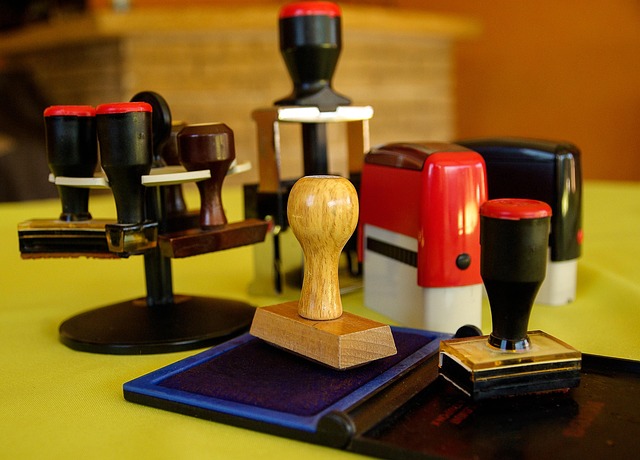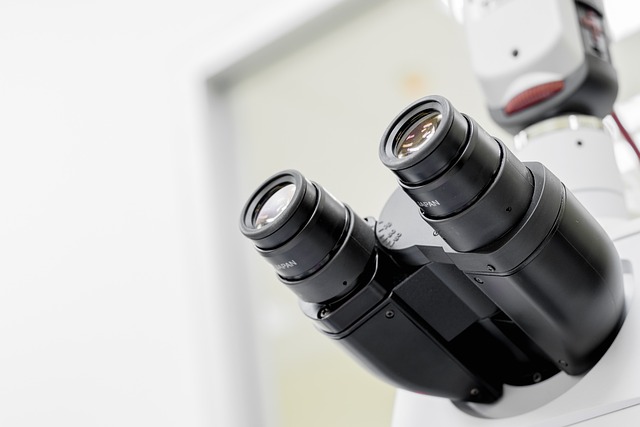
Innovating Success: The Science of Idea Validation in Workplace Culture and Technology
Innovating success in today’s fast-paced business environment is no longer a luxury but a necessity. As organizations strive to remain competitive, the focus on idea validation has taken center stage in shaping workplace culture and leveraging technology. Understanding the science behind idea validation can empower teams to cultivate creativity while minimizing risks associated with turning innovative concepts into reality.
At its core, idea validation is about confirming that a proposed idea holds merit before investing significant resources into its development. This process begins with thorough research, relying on both qualitative and quantitative data. Employing surveys, focus groups, and market analysis, organizations can discern whether their ideas resonate with their target audience. By incorporating these steps into their workplace culture, businesses foster an environment that prizes exploration and experimentation.
The advent of technology has further revolutionized idea validation practices. Tools such as A/B testing, analytics dashboards, and feedback platforms make it easier to assess customer reactions, track behaviors, and adapt strategies accordingly. This alignment of technological resources with idea validation processes cultivates a culture where innovation is data-driven rather than guesswork. Employees feel empowered to propose ideas, knowing there are mechanisms in place to validate their thoughts with precision and clarity.
Moreover, workplace culture plays a vital role in the overall success of idea validation. Organizations that encourage open communication and collaboration among teams elevate the validation process. In such cultures, employees are motivated to share feedback and champion new ideas, leading to a rich pool of concepts ready for validation. This environment not only enhances creativity but also strengthens team dynamics, resulting in a stronger commitment to achieving collective goals.
In the realm of science, understanding cognitive biases can significantly enhance idea validation. Individuals often have preconceived notions that can cloud their judgment. By recognizing these biases, teams can make more informed decisions and develop strategies to counter them. Workshops and training sessions focused on the science of decision-making can further empower employees to critically assess ideas and foster an open-minded atmosphere where the best concepts can flourish.
Ultimately, the fusion of science and technology in idea validation creates a robust framework for successful innovation in workplace culture. As organizations prioritize the validation process, they not only pave the way for innovative solutions but also cultivate a resilient workforce that thrives on challenge and change. By embedding these practices within their core philosophies, companies are bound to unlock unprecedented levels of creativity and success.
As we navigate this new era of innovation, it is essential to embrace the principles of idea validation. Through thoughtful application of technology, cultivation of a supportive workplace culture, and an appreciation for the science behind decision-making, businesses can effectively turn their visionary ideas into actionable strategies for success.



